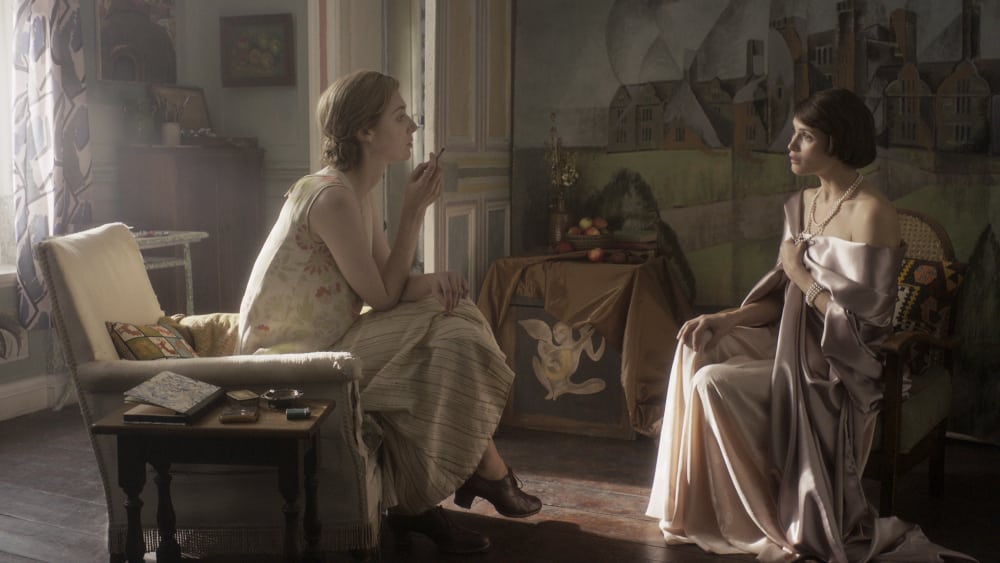
Chasing the Truth: 1on1 with Chanya Button (VITA AND VIRGINIA)
Directed by Chanya Button, Vita and Virginia?tells the story of the passionate love affair between iconic authors Vita Sackville-West (Gemma Arterton) and Virginia Woolf (Elizabeth Debicki). Through her unique vision, the film explores not only the impact of these women as writers, but their progressive feminist voices as well. Having loved the works of Virginia…

